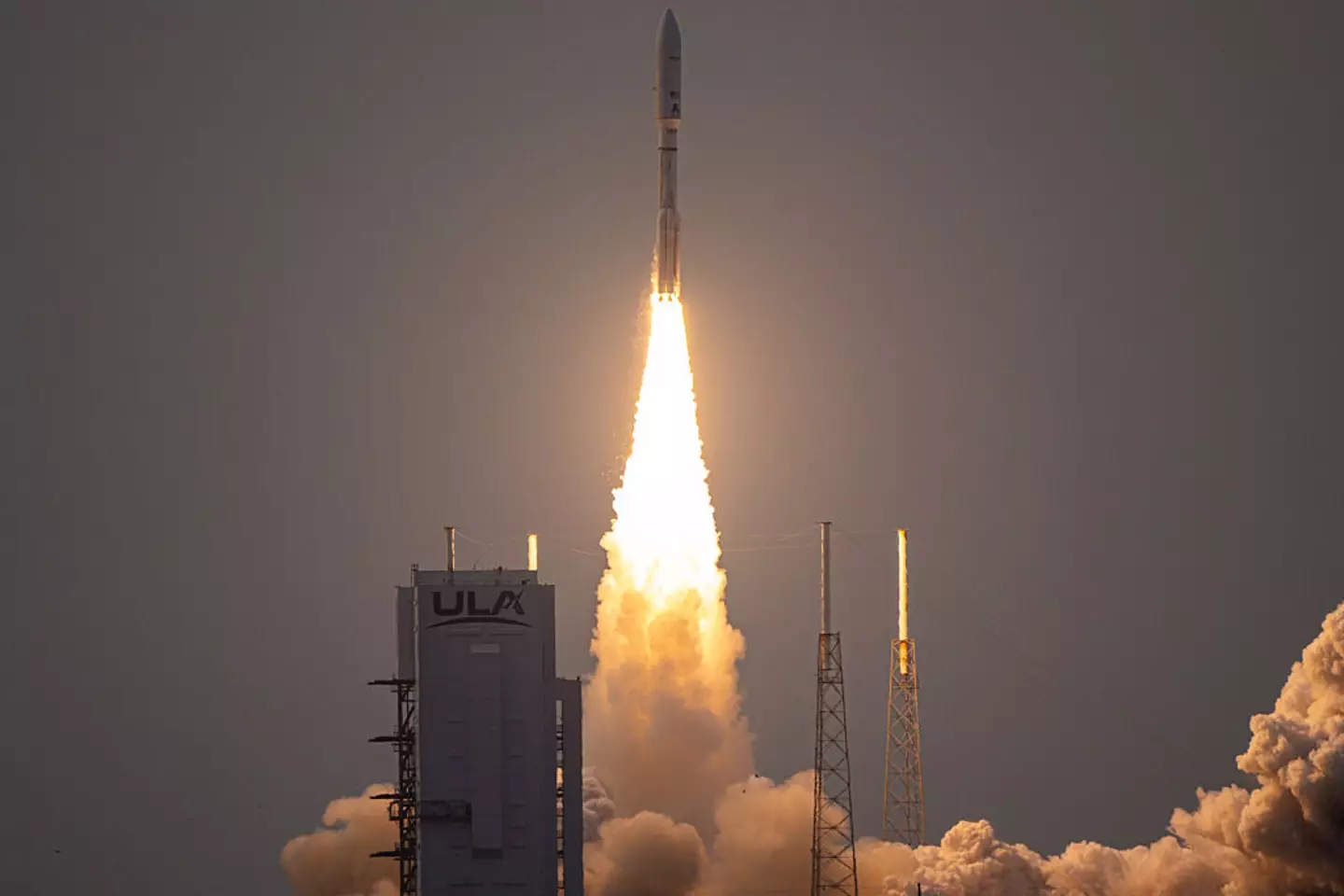
Jeff Bezos is set to launch the next phase of his $10 billion challenge to Elon Musk.
The race to provide global internet coverage from space is intensifying as competing tech giants prepare to deploy thousands of satellites into orbit.
Starlink's recent activation in Iran during a government-imposed internet blackout demonstrated the value of satellite-based communications, which is likely the reason companies are investing billions in this technology.
Now, Amazon founder Jeff Bezos is positioning his company to become a major competitor against Musk.
Advert
What is Project Kuiper?
Falling under Amazon's Devices and Services division, which includes products like Kindle, Echo, Fire TV, and Ring devices, Project Kuiper is Amazon’s ambitious entry into the satellite arena.
.jpg)
The low Earth orbit satellite network aims to 'deliver fast, reliable internet to customers and communities around the world,' the tech giant described.
To do so, Amazon is building a constellation of satellites linked to a global network of antennas, fibre connections, and internet access points on the ground.
How many satellites will Project Kuiper deploy?
Amazon announced that its initial satellite constellation will include 'more than 3,200 spacecraft, which we began deploying in April 2025 when we sent our first 27 satellites into space.' According to the company's website: "That mission was the first of more than 80 to deploy our constellation."
When is the next launch of Project Kuiper scheduled?
The second batch of Amazon's Project Kuiper satellites is set to launch Monday, June 16, at 1:25 pm from Launch Complex 41 at Cape Canaveral Space Force Station. This mission will bring the total number of Project Kuiper satellites in production up to 54. While that's still just a small portion of the full constellation they plan to build, it's a meaningful step forward in the overall deployment.

The 45th Weather Squadron forecasted a 75 percent chance of favourable weather conditions at launch time.
“Surface high pressure to the east will maintain southeasterly flow across the Spaceport during the primary and back-up launch opportunities,” launch weather officers wrote. “In this regime, showers and thunderstorms can begin to develop across the region in the early afternoon. However, high pressure aloft and dry air near the region may help limit shower and thunderstorm development early in the week.”
How does Project Kuiper compare to existing satellite Networks?
Amazon has quite a tough road ahead as it works to close the gap with well-established competitors. According to Jonathan McDowell, an astrophysicist at the Harvard-Smithsonian Center for Astrophysics, the SpaceX-operated Starlink constellation has grown to 7,711 working satellites, giving it a substantial head start in the market.
However, tensions between Musk and President Trump have led to uncertainty around future space contracts and partnerships. As a result, NASA and Pentagon officials are reportedly urging SpaceX competitors, including Bezos's Blue Origin, to accelerate their rocket and spacecraft development programs. So Bezos might not be lagging behind Musk as much as we first thought.